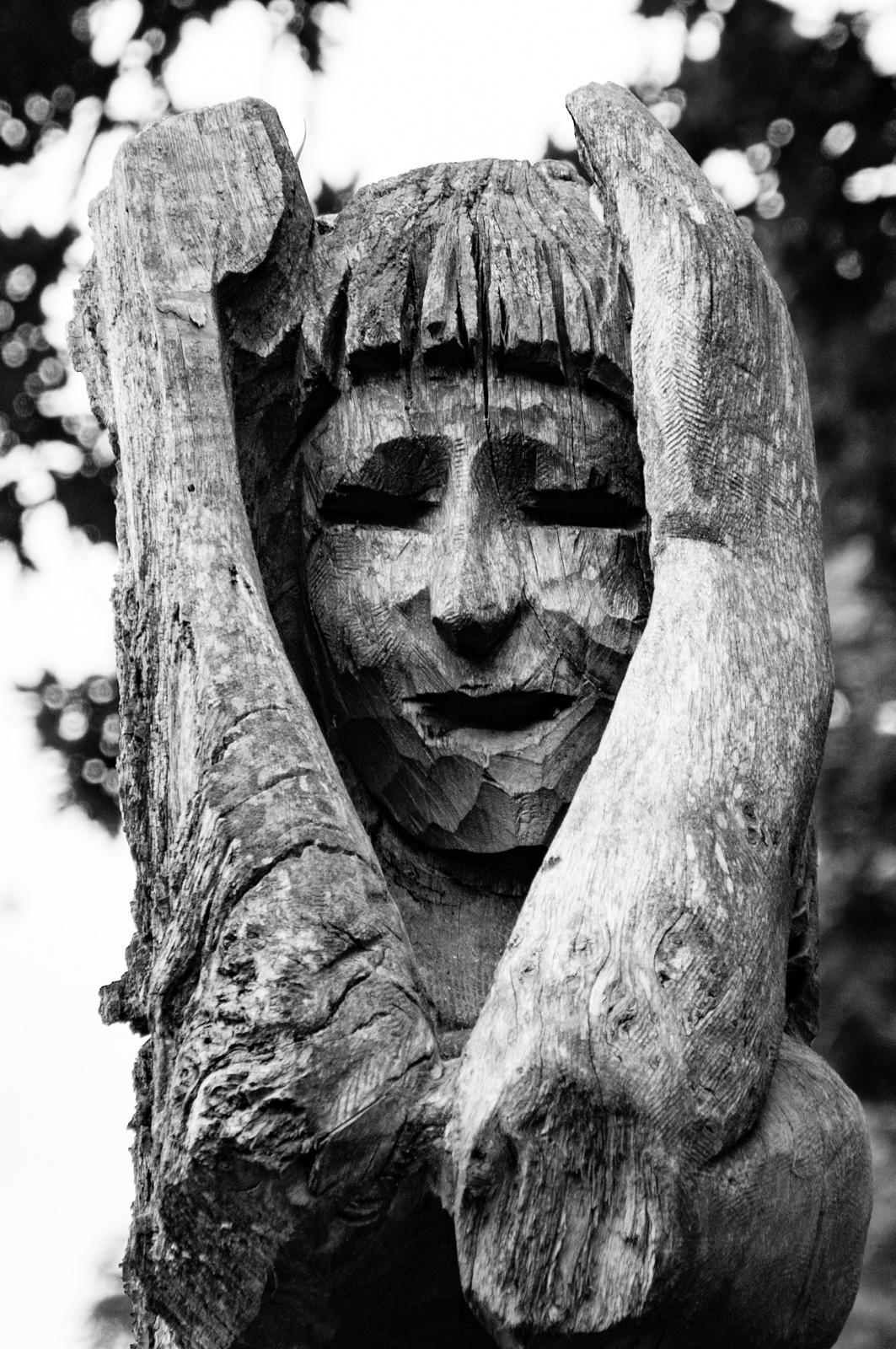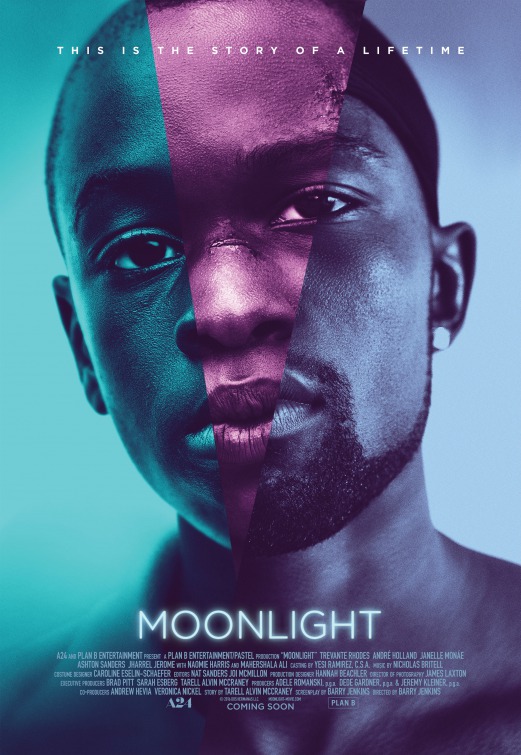CW: references to suicidal ideation, depression, and the effects of biphobia and monosexism
“Alarmingly, bisexuals are also far more likely to feel suicidal than their heterosexual, gay, and lesbian counterparts. In two recent studies on sexual orientation and health, based on the Canadian Community Health Survey (a national population-based survey using a representative sample), nearly half of bisexual women and more than a third of bisexual men had seriously considered (or attempted) taking their own lives.”
– San Francisco Human Rights Commission. Bisexual Invisibility: Impacts and Recommendations, p. 12
“According to a 2011 study of more than 13,000 middle and high school students, over 40% of bisexual youth reported thinking about suicide in the past 30 days (compared to 7% of heterosexual youth and 23% of LGBTQ youth in general), and 17% reported attempting suicide in the past year. [2] A 2013 study found that bisexual teens who reported suicidal thoughts did not report a decrease in these thoughts as they aged into adulthood, unlike their heterosexual and gay and lesbian peers.” – Bisexual Youth – At the Intersections
Sometimes, I want to die.
This isn’t something new. This isn’t something exaggerated. This is the truth I’ve lived since I was an angry ten-year-old girl who thought the best way to handle all the unwanted parts of her life might be getting killed by a car. A truth I struggled to accept for years until the anger and desire to run into traffic were superseded by melancholy and an obsession with more direct ways to end my life.
For the first several years I dealt with suicidal ideation, my bisexuality was largely unrelated to it. I wanted to die because I felt like I didn’t belong anywhere, because I didn’t think my life was worth much, because living was burdensome, but never because I was secretly, probably bisexual. But then, two years into college, I came out to myself and though I didn’t realize it at the time, that act made space for my sexuality and my mental health to collide violently.
Because accepting my bisexuality also meant accepting that there were people in the world–people I knew, people I respected, people I loved–who believed being honest with myself was a sin against God. It meant accepting that the anti-LGBTQ rhetoric floating around in politics and the mistrust of bisexual people floating around in the media was aimed at me. It meant recognizing everything I could lose at my Christian college if too many people found out I was bi because Christianity, even the progressive Christianity of some of my friends and professors, didn’t have a lot of space if any at all for Black bisexual Christian girls.
So I tried to keep my sexuality to myself as much as possible. I went back to my family and then back to my college and pretended I was still the good Christian girl I’d always tried to be. Pretended I wasn’t perpetually afraid that the wrong person would find out I was bi and rip away the community I’d worked so hard to gain in college. But the longer I lived that lie, the more I found myself exactly where I had been during the worst periods of middle school and high school: wanting to die. My fear of the practical consequences of biphobia and Christian homophobia clung to the feelings of worthlessness and self-doubt I’d carried over from my adolescence and made life seem so unmanageable that I spent a whole year silently two steps away from a breakdown. Silently thinking that death had to be better than the life I was living.
Eventually, that experience passed. Eventually, I came out to more people without being rejected and found a solid support network at school and online. Eventually, I graduated and escaped my Christian college. But I could not and still cannot escape the negative perceptions that exist about bisexual people. Thus, while in some ways life has gotten better for me since I first came out, in other ways it has not.
When I look around and see how little the world cares about the experiences of the bi+ community, I can’t help but wonder if this bisexual life I’m living is worth it. Living is hard enough when society says as a Black woman my life doesn’t matter and my mental illness says as a failure my life will never amount to anything. Adding being bi to the mix sometimes feels like more than I can handle.
On really bad mental health days, it can take just one biphobic comment or justification of bi erasure for the lure of death to feel more tempting. One hateful, ignorant post to send me in search of the peaceful nothingness that could erase me from the painful narrative that is my life. I’m sure I’m not the only one who has felt this way.
That is why tearing down biphobia and monosexism is so essential to me. The lives of bi+ people are at stake. Some days, my life is at stake. And until society gets better, we can’t get better. We won’t.
Ending biphobia and monosexism might not cure every bi+ person struggling with depression and suicidal ideation, but I believe it will make the fight to stay alive, to want to stay alive, a little bit easier. And for people like me, that little bit could be the difference between life and death.
Angélique


